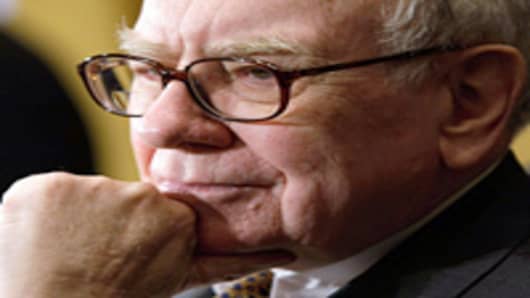The famous British comedian Jimmy Carr was one of the people “outed” by The Times as a tax avoider, after he reduced his tax rate to about 1 percent of his $5 million income by sheltering it through a firm based on the island of Jersey. Britain’s Prime Minister David Cameron called Mr. Carr’s strategy “morally wrong.”
Let’s recall that Cameron is a Conservative, so this isn’t the usual class-warfare of the left. And Mr. Carr apologized for what he called “a terrible error in judgment.”
The controversy has sparked a renewed call to tax the rich and close unfair loopholes. Some say the nation’s 50 percent tax rate on top incomes is a charade. Simply enforcing the top tax rate and ensuring that all of the rich paid the sticker price would prevent deep cuts to the middle class and poor, they argue. Others are calling for a tax on financial transactions that would be difficult to avoid.
Sounds familiar. But this is not just an Anglo-American debate. The crusade to tax the rich is playing out across Europe, including France, Greece, Spain, Italy and just about every other country with budget problems. France is considering a 75 percent tax on the wealthy. Greece and Italy are both cracking down on wealthy tax dodgers.
The tax-the-wealthy movement is also finding an audience in Asia.
In Korea, a form of the Buffett rule passed Congress late last year and boosts the tax rate to 35 percent from 28 percent for those who earn more than 300 million won (or about $258,000) a year. China is also planning a higher tax on high-earners.
Many say tax evasion is rooted in complex tax codes, which allow the wealthy to use loopholes and legal dodges to get around tax laws. The wealthy have always and will always employ very smart and expensive accountants to minimize their tax bills. The solution, according to some, is to impose a flat tax that would set one, minimum mandatory rate for the wealthy. That's what the Buffett rule would impose.
The idea has plenty of appeal. And it echoes one of the recommendation of Bowles-Simpson. But the plan depends in large part setting the top rate — which would likely create political impasse in both the U.S. and Britain, given the rancor over the rich. Even as some in Britain are calling for more taxes on the wealthy, others are calling for a repeal of the 50 percent top rate.
The real issue here is one of revenue. With the economy slowing again, countries around the world are starving for revenue. There is one group that has it — top earners. So countries as diverse as China and Britain are now turning to the rich as the world’s tax piñatas.
I’m not advocating for or against taxing on the wealthy. But all the headlines about Jimmy Carr or Warren Buffett’s secretary or Chinese billionaires are a distraction from the real issue. Governments simply don’t have the cash to pay for their programs. Like Willie Sutton, they’re going to where the money is.
And that means voters around the world will grow more vocal in their calls for raising taxes on the wealthy.
-By CNBC's Robert Frank
Follow Robert Frank on Twitter: @robtfrank



